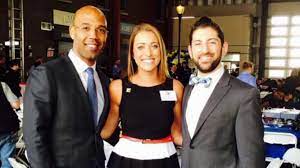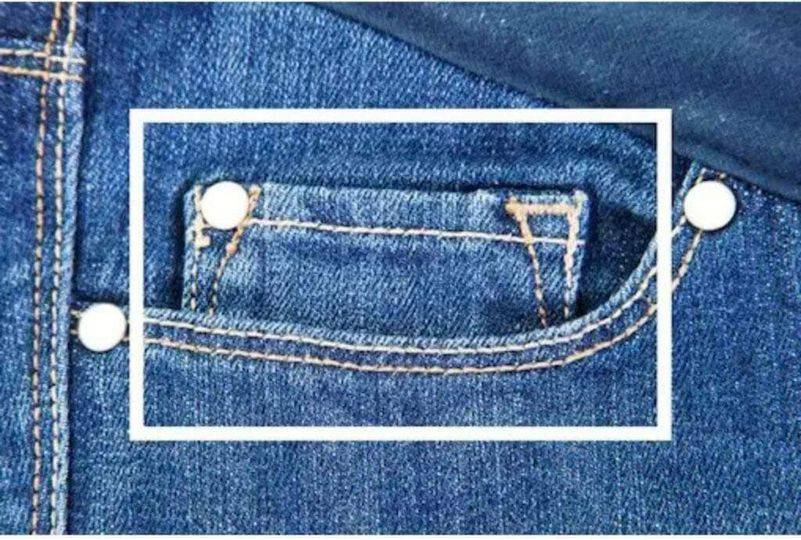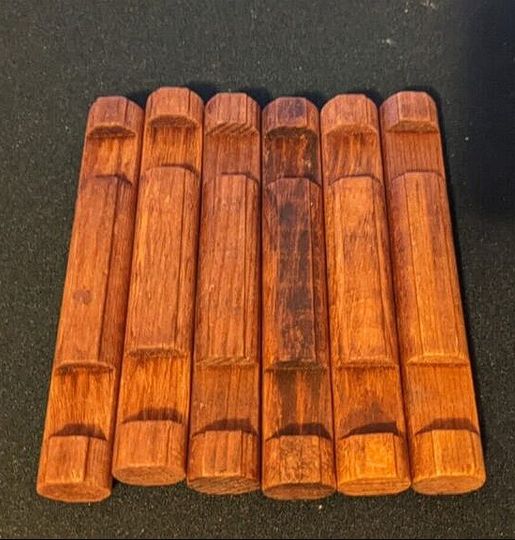Brittany Williams almost died after dismissing the early signs of her heart issue.
Williams went into cardiac arrest and lost consciousness at the age of 24. Two strangers leapt into action and performed CPR on Williams for eight minutes, and she awoke in the hospital two days later after being placed in a medical coma.
Williams told her experience on the TODAY show on Feb. 6 to raise awareness about heart health and the significance of CPR training — and to educate everyone that even young people can find themselves in life-threatening situations like hers.
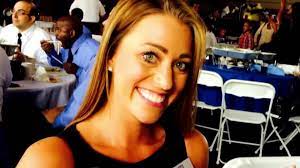
The indicators
According to the American Heart Association, cardiac arrest happens when the heart muscle malfunctions owing to a “electrical issue” and suddenly ceases beating.
According to the Centers for Disease Control and Prevention, around 90% of persons who experience cardiac arrest outside of the hospital die, however cardiac arrest can be reversed if a bystander begins CPR and uses a defibrillator to shock the heart back to a normal rhythm within minutes.
Cardiac arrest and heart attack are frequently confused, although they are not the same thing. A heart attack occurs when the heart becomes clogged.
Both heart attacks and cardiac arrest can happen without warning or symptoms. In Williams’ situation, though, she ignored a crucial warning sign the week before her trip to New York City.
“I was at work when the left half of my body felt numb and tingly,” she explained. “I sat back and thought, ‘Oh no, this doesn’t feel right. ‘This is not how I feel on a daily basis.’”
Williams investigated the internet for what her symptoms could indicate as they worsened and discovered troubling results. “Three issues arose: stroke, heart attack, and cardiac arrest,” she explained. She expressed her worries to her employer, who dismissed them.
“You’re twenty-four years old. You walk five miles every day. That would never happen to you because you eat so well,” Williams remembers her supervisor stating. “I had faith in her. And three days later, I was on the ground in a Times Square restaurant with no pulse.”
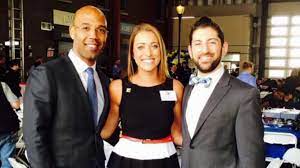
Williams had few memories of the cardiac arrest; the only difference she noticed in her body before to the event was a tingling sensation. Her parents, however, observed her cardiac arrest.
“My parents looked over and assumed I was having a seizure,” she explained. “My eyes went to the back of my head, and I just collapsed, unresponsive.
Dr. Stacey Rosen, a cardiologist at Northwell Health’s Katz Institute for Women’s Health and a volunteer for the American Heart Association, told TODAY that heart problems may impact anyone.
“Listen to your body,” Rosen, who did not treat Williams, said. “Heart disease affects young individuals, senior people, slim, healthy runners. And if you have a gut feeling that something isn’t right, act on it.” She emphasized the need of calling a health care expert if you suspect something is amiss, even if others believe you shouldn’t be concerned.
We tend to conceive of the heart exclusively as a muscle, but “it’s actually got an excellent electrical machinery. “That electrical impulse causes the heart to beat,” Rosen explained.
Any qualified bystander can offer compression and rescue breaths that may restart the heart with CPR (cardiopulmonary resuscitation).
Two ophthalmologists who happened to be in the restaurant when Williams passed out were able to do CPR on her for eight minutes, keeping her alive until emergency medical help arrived.
According to the Mayo Clinic, Williams was diagnosed with long QT syndrome in the hospital, a disorder that produces a fast, irregular heartbeat.
Long QT syndrome is caused by “an electric disruption that causes the cardiac rhythm to become erratic, and therefore the heart cannot pump normally,” according to Rosen. “You lose consciousness within a few seconds.”
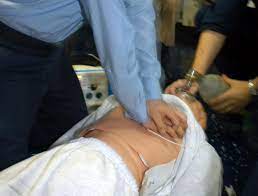
Williams claimed she had surgery to implant a defibrillator to avoid further occurrences. According to the Mayo Clinic, implantable defibrillators prevent dangerously fast or irregular heartbeats.
Williams said she was “in constant fear” of having another heart arrest for a while after the event. “But deep down, I knew I’d been given a second chance at life, and I wasn’t going to waste it.”
Now she spends her time encouraging people to learn CPR and teaching them about heart health “so that there can be more stories with happy endings like mine.”
